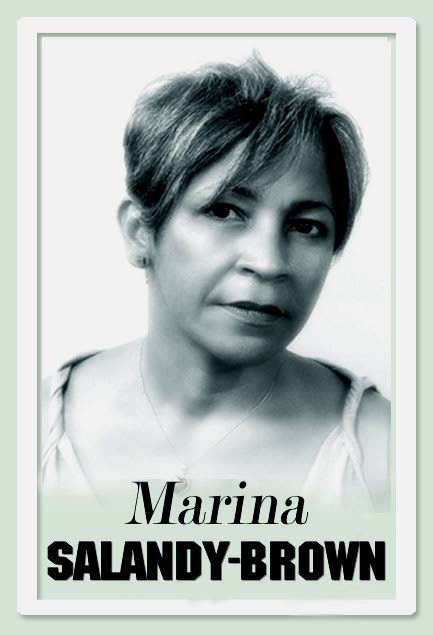Looking after the elderly

The politicisation of health care systems is living proof of the paucity of fresh ideas in politics that is driving people away from reason and into the hands of demigods.
The extremely disappointing response of our opposition to the incumbent government’s attempt to deal with a pandemic, unknown in scale to most of us alive, mirrors similar cringe-making goings-on in other countries.
Obamacare became the bogeyman of US politics. Doctors I spoke to seemed more focused on the additional workload and extra costs to them, ie, less profit, and, again, money was the issue for most conservatives who objected to increased insurance premiums and the tax increases the Affordable Care Act required. Only some cared that it may have negative effects on the quality of care.
In the UK, non-Conservatives were happy that PM Boris Johnson’s severe bout with covid19 made him realise the value of the internationally admired National Health Service (NHS).
But now, just months later, they have come around to thinking that the NHS is, in fact, not safe in his hands and they are suspicious of backdoor attacks upon it. Petitions abound, but I have not seen the evidence of foul play.
In TT, we take our health care for granted, like we do everything else, being the overindulged citizens we are. For sure, the system has its extreme challenges, but I would go out on a limb to say that we, the people, work in the system and we bring to it our negative attitudes, bad-mindedness, recalcitrance and the terrible weight of an inherited, stultifying bureaucracy that produces inefficiency.
I had the opportunity to interact with public and private medical care services in the last year, and those attitudes pervade both sectors, except that the profit motive demands more efficiency in private hospitals.
I think the Opposition should be pointing its guns at a different target.
All the parties who seek to govern us have overlooked the critical area of elder care, just as they have under-invested in early childhood provision.
For several years now, four female elders in our immediate family have been looked after by their children in their own homes. Lucky them, having ample pensions to cover their care costs. Without the financial means they themselves provide, it is hard to imagine the level of care they would have.
Apart from the finances, it is very demanding, emotionally and physically, looking after the elderly and even more so when they fall ill. It requires love, and from the professional carer it requires dedication, even a calling, which not all care providers possess.

I have been told by every single one of the procession of expensive private carers, all with experience in privately-run homes for the elderly (some are nurses), that they would never put their own parents into a home.
I do not know if and where there are public residential care homes for the elderly in TT, but one can only imagine, therefore, what conditions might prevail in such facilities.
It is quite a sobering prospect for the advanced middle-aged among us, especially those without children and close loved ones. All over the world, the elderly, particularly those in homes, have been in the front line of the covid culling. Their vulnerability has been laid bare.
This should focus our minds on population trends in TT.
I could not find any relevant information on the Central Statistical Office’s website, but we have a sizeable number of people who will soon want to claim state pensions, which may not exist because the NIB will soon face a deficit. Demand for social care will grow hugely in the next 20 years as our population ages, and the over-85s will probably grow even faster than the newer pensioners.
CDAP, free travel etc are welcome while still affordable, but they are only part of the solution to a giant problem awaiting us.
Based on my experience of the elderly in my family, and notwithstanding the Ministry of Social Development uncovering theft against the elderly, I would advocate encouraging family care, such as financial incentives for families to renovate their homes so that they can look after relatives, and recognise the work of familial carers, through transferable tax rebates, perhaps.
There is no compensation now for looking after the elderly, and there should be. Why not reward informal carers from the local community for the elderly who are alone?
But, importantly, we will need more and better professional and specialist care. Right across the board, there is too little integration of services and the vision of care for our people must broaden and deepen still. Money is not care, and the state has a duty to the elderly.
Frankly, I cannot see any popular financial solutions. Politicians have to make tough decisions which might lose them votes but ensure our future, such as introducing an inheritance tax aimed at sharing care costs across society as a whole, giving attractive tax breaks for private pension savings and incentivising NGOs.
The problem will not go away. We have to articulate it loudly and clearly to find answers.


Comments
"Looking after the elderly"